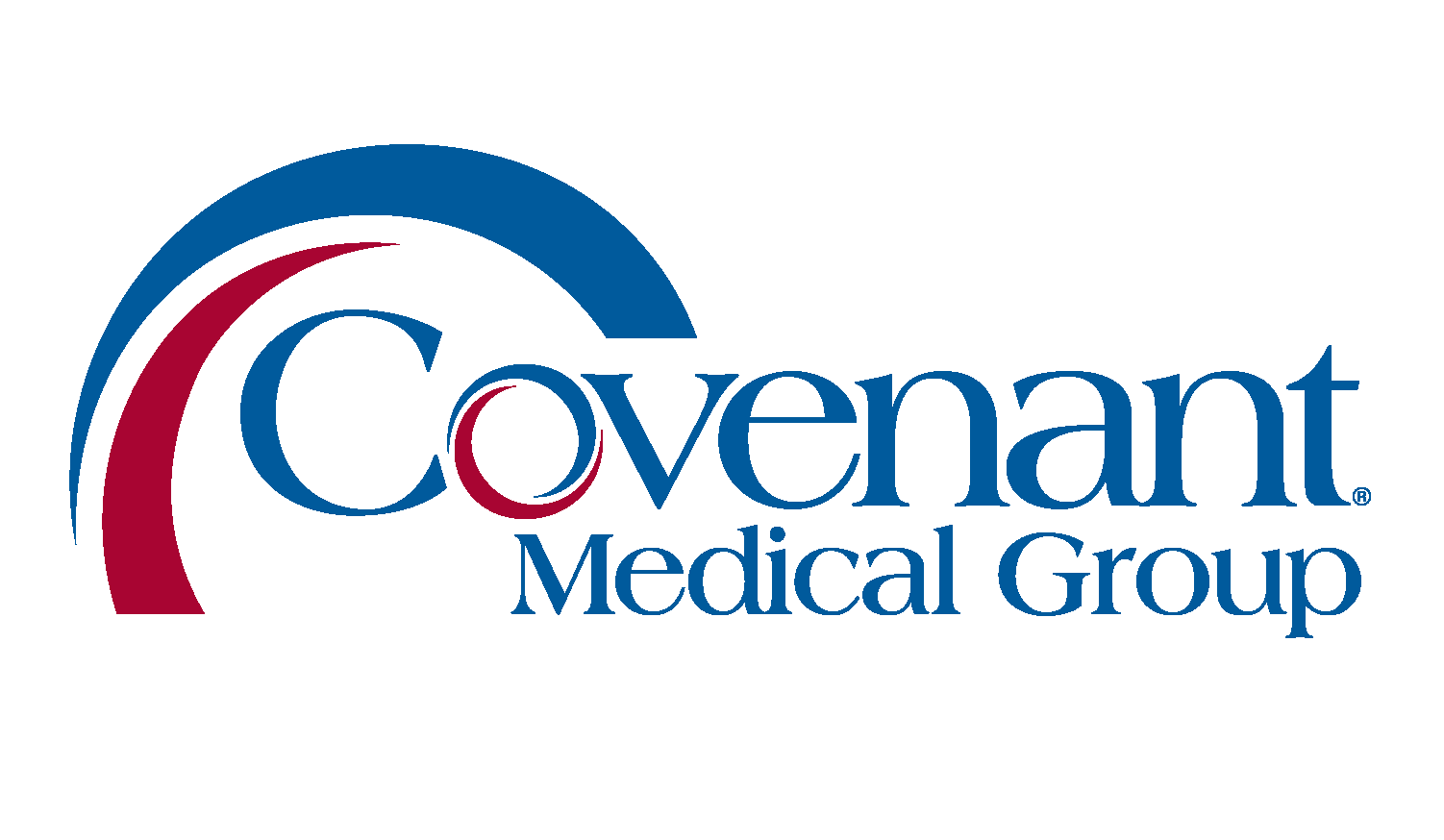 Surgery is usually the first step in treating breast cancer in order to remove the tumor and any surrounding tissue that may be cancerous. Understandably, it’s a daunting situation for any woman to have to face, and one that brings up a lot of questions even after your care team has determined the kind of surgery that’s most appropriate for you based on the stage and type of cancer. The most important thing to know is that you’re not alone—we’re here to answer all your questions and make sure you feel fully informed of your options and expected outcomes.
Surgery is usually the first step in treating breast cancer in order to remove the tumor and any surrounding tissue that may be cancerous. Understandably, it’s a daunting situation for any woman to have to face, and one that brings up a lot of questions even after your care team has determined the kind of surgery that’s most appropriate for you based on the stage and type of cancer. The most important thing to know is that you’re not alone—we’re here to answer all your questions and make sure you feel fully informed of your options and expected outcomes.
Here are 7 questions women typically ask regarding what to expect immediately after breast cancer surgery:
How long will I be in the hospital?
If you have a partial mastectomy, also known as a lumpectomy, you’ll most likely go home the same day as your surgery. A total mastectomy with or without breast reconstruction requires an overnight stay in the hospital.
How do I care for the incision and stitches?
Because we use waterproof dressings on the wound, you don’t need to change dressings and it’s ok to shower the day after your surgery. The stitches will be buried and will dissolve in time, so you won’t need to worry about those, either. The dressings will remain in place for two weeks and will be removed during your post-operative visit.
How long will I be in pain?
During surgery, an ON-Q pain pump will be inserted to deliver a slow continuous dose of the anesthetic Marcaine, which numbs the surgical incisions and decreases the need for narcotic pain medications. The pump stays in place for 72 hours and you’ll be given instructions on how to remove it at home. After the pump is removed you may have some general soreness, but no strong acute pain. If you have a partial lumpectomy any pain or discomfort usually subsides within a couple weeks. For a total mastectomy, you’ll likely feel degrees of pain for two-to-four weeks. If you elect to do reconstructive surgery, the pain may last four-to-six weeks and it’s the discretion of the plastic surgeon if he will use an ON-Q pain device.
What will my scar look like?
Dr. Margulies has been extensively trained in Hidden Scar procedures and will discuss with you whether or not you’re a candidate for this type of surgery. If you are, your incision will be in a location that’s hard to see, such as the natural crease beneath the breast, or along the edges of the areola, or in the natural fold of the armpit. Then, once your incision heals your scar won’t be as visible. All sutures are underneath the skin, therefore, there’s none of the ‘railroad scarring’ you see for removable sutures. Keep in mind though that all people heal differently, and factors that may affect how your scars heal are race, skin tone, radiation, and sun exposure.
When can I resume normal activities, like exercise?
You may be given instructions to begin arm stretches the day after your surgery to prevent stiffness. Usually, you’ll feel comfortable resuming your normal activities a few days after lumpectomy and a few weeks after mastectomy, but your doctor or nurse will help you assess what’s best for your lifestyle and activity level. The only limitations for a lumpectomy patient are no heavy lifting or jarring of the breast for two weeks, such as running, horseback riding, etc. A mastectomy patient has the same restriction of no heavy lifting for two weeks.
Will people be able to tell I’ve had a lumpectomy or mastectomy?
Breast cancer surgery has come a long way, and is not the radical deforming surgery it once was in our grandmother’s day. Advances in procedures like a nipple-sparing mastectomy, reconstruction, and minimal or hidden scar surgeries make it much more likely that you’ll still very much look and feel like yourself. Prosthesis are paid for by insurance, and it’s a personal choice if you want to wear one or not.
When do I get the results?
You should expect to receive a pathology report after your lumpectomy or mastectomy between 3 to 7 days post surgery. Talk with your care team about how you’d like to receive the report, whether over the phone or in an office visit. Once all the results are in, you’ll be informed about any additional next steps such as chemotherapy, radiation, or hormonal or targeted therapy.
Whatever your course of treatment may involve, your care team will remain dedicated to your personal care with all the time and attention you need, every step of the way.
Dr. Aaron Margulies has a solo practice in Breast Surgical Oncology and General Surgery with an office at Tennova Turkey Creek in West Knoxville, at Tennova North Knoxville Medical Center in Powell, at Jefferson Memorial Hospital and in Newport. His extensive research and expertise in the most advanced surgical treatments of breast cancer have distinguished him as a leader in the field. To learn more about Dr. Margulies’ compassionate surgical care approach, visit www.aaronmd.com, or request a consultation online, or call (865) 692-1610.
